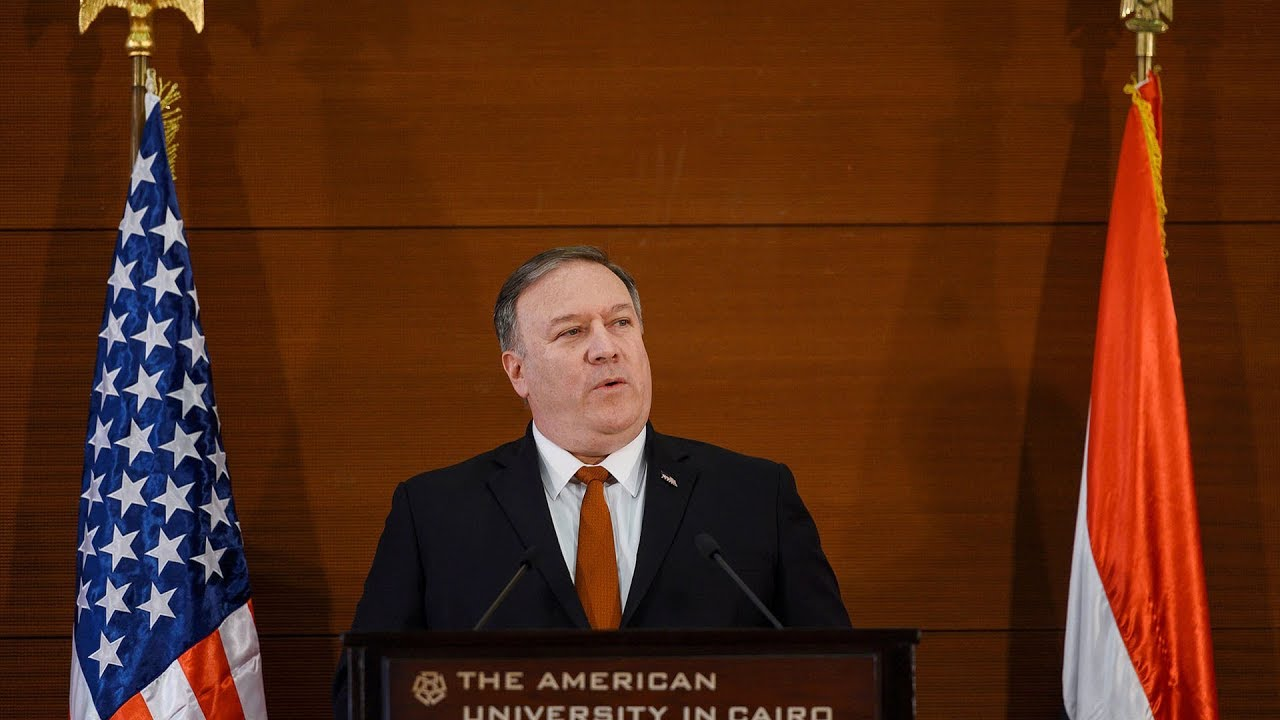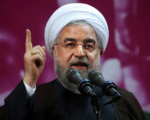As President Joe Biden’s term nears its end, his administration faces mounting challenges in the Middle East. U.S. diplomatic efforts to broker a ceasefire in Gaza have stalled after nearly a year of fighting between Israel and Hamas, and attacks on Red Sea shipping by Iran-backed Houthi rebels continue unabated. Meanwhile, a potential Israel-Hezbollah conflict looms, threatening to escalate into a regional war despite intense U.S. diplomatic efforts.
Biden’s Middle East strategy has centered on balancing Israel’s right to self-defense with efforts to prevent broader civilian casualties and regional conflict. However, this approach has repeatedly fallen short. Israel’s rejection of a U.S.-backed proposal for a 21-day truce on the Lebanon border is a stark reminder of the limits of U.S. influence in the region. As Jonathan Panikoff, a former U.S. intelligence officer, notes, Biden has struggled to leverage America’s diplomatic and military power to sway Israeli Prime Minister Benjamin Netanyahu.
Despite Secretary of State Antony Blinken’s multiple trips to the region, negotiations have failed to bring about a lasting ceasefire between Israel and Hamas, with no breakthrough on the horizon. The blame is shared between Hamas and shifting demands from Netanyahu, according to U.S. officials. The strained relationship between Blinken and Israeli leaders underscores the friction in Biden’s Middle East policy.
Biden’s efforts have not gone unnoticed by his Western allies, who credit him with strengthening key alliances, particularly in NATO and with Asian partners. However, his handling of the Middle East, particularly in Gaza, has raised concerns about U.S. credibility. Some foreign diplomats argue that Biden’s unyielding support for Israel has hindered his diplomatic flexibility. A Middle Eastern diplomat remarked that while Biden dispatched military assets to warn Iran and its proxies, the threats have not fully deterred attacks, particularly by the Houthis in Yemen.

Analysts like Michael Mulroy, a former U.S. defense official, argue that Biden could have responded more decisively to these proxy attacks. Although U.S. officials defend their diplomatic efforts, emphasizing that progress takes time, the growing discontent among regional players reflects the difficulty of Biden’s position.
The Gaza conflict has dashed Biden’s hopes for a potential breakthrough in Middle East peace – the normalization of relations between Israel and Saudi Arabia. That deal, once seen as a possible highlight of his foreign policy legacy, now seems elusive.
At the United Nations, frustration is mounting. Jordanian Foreign Minister Ayman Safadi criticized international efforts as “a year of failure,” arguing that Israel is not listening to even its closest allies, including the U.S.
With four months left in office, Biden faces deepening crises in Lebanon and the wider region. Hezbollah and Israel continue to clash, and the threat of a full-scale ground war looms. Should this occur, it could not only mar Biden’s foreign policy legacy but also impact the 2024 U.S. presidential election, where Vice President Kamala Harris might face backlash from progressive Democratic voters already critical of Biden’s unwavering support for Israel.
Analysts like Panikoff assert that Biden’s Middle East strategy requires a shift. “Plan A hasn’t worked for months. So where’s Plan B?” As the clock runs out on Biden’s administration, the question remains whether the crises in Gaza, Lebanon, and beyond will define his presidency or be passed to his successor.


















